42 results in Anglo-Saxon Studies

The Reigns of Edmund, Eadred and Eadwig, 939-959
- New Interpretations
-
- Published by:
- Boydell & Brewer
- Published online:
- 17 May 2024
- Print publication:
- 06 February 2024
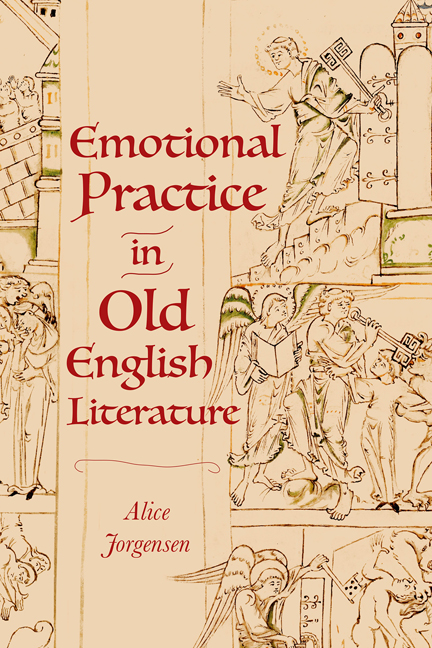
Emotional Practice in Old English Literature
-
- Published by:
- Boydell & Brewer
- Published online:
- 09 May 2024
- Print publication:
- 07 May 2024
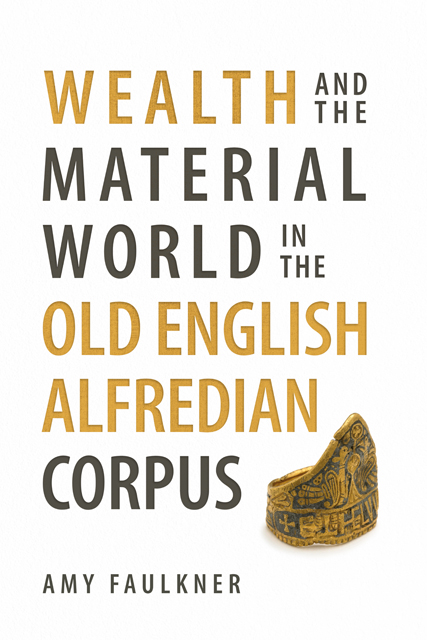
Wealth and the Material World in the Old English Alfredian Corpus
-
- Published by:
- Boydell & Brewer
- Published online:
- 14 June 2023
- Print publication:
- 24 January 2023
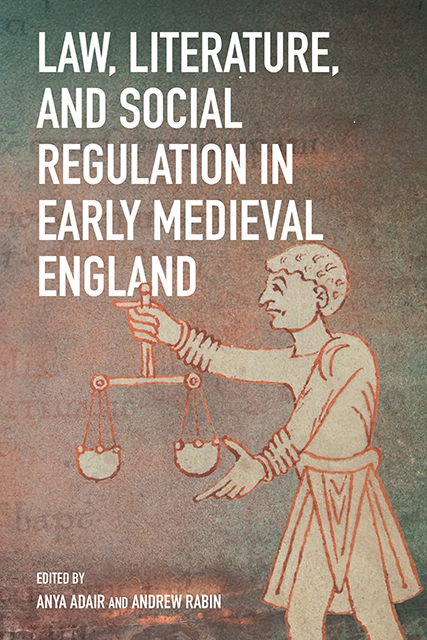
Law, Literature, and Social Regulation in Early Medieval England
-
- Published by:
- Boydell & Brewer
- Published online:
- 10 June 2023
- Print publication:
- 21 February 2023

The Art of the Anglo-Saxon Goldsmith
- Fine Metalwork in Anglo-Saxon England: its Practice and Practitioners
-
- Published by:
- Boydell & Brewer
- Published online:
- 17 March 2023
- Print publication:
- 01 June 2002

Episcopal Culture in Late Anglo-Saxon England
-
- Published by:
- Boydell & Brewer
- Published online:
- 15 March 2023
- Print publication:
- 18 January 2007
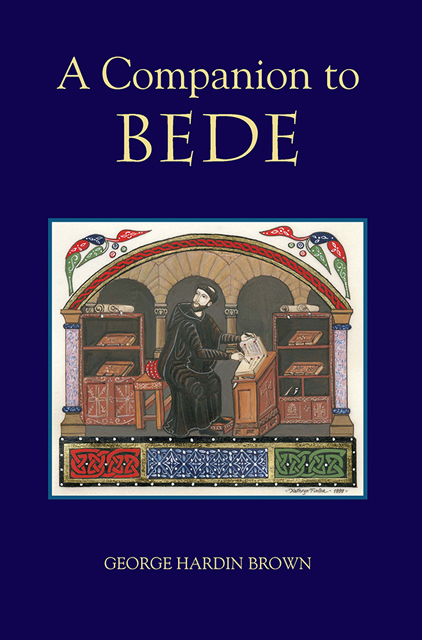
A Companion to Bede
-
- Published by:
- Boydell & Brewer
- Published online:
- 03 March 2023
- Print publication:
- 30 September 2010

Capital and Corporal Punishment in Anglo-Saxon England
-
- Published by:
- Boydell & Brewer
- Published online:
- 02 March 2023
- Print publication:
- 17 July 2014

The Archaeology of the East Anglian Conversion
-
- Published by:
- Boydell & Brewer
- Published online:
- 19 February 2023
- Print publication:
- 18 November 2010
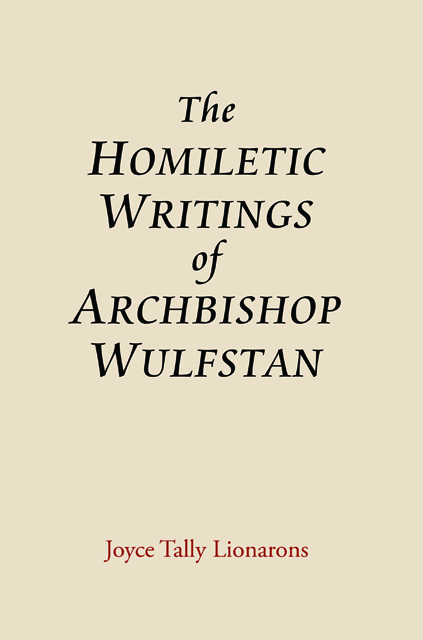
The Homiletic Writings of Archbishop Wulfstan
- A Critical Study
-
- Published by:
- Boydell & Brewer
- Published online:
- 18 February 2023
- Print publication:
- 18 November 2010
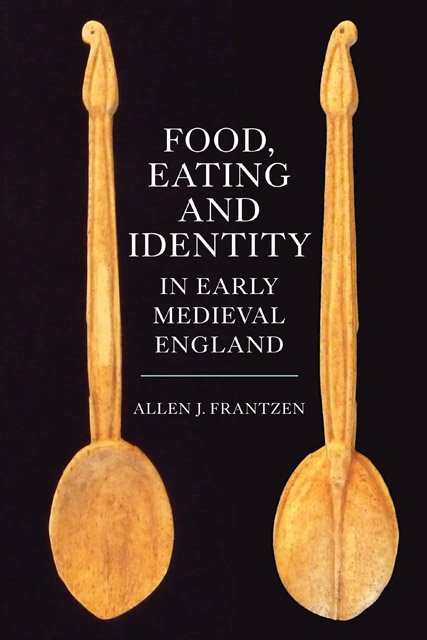
Food, Eating and Identity in Early Medieval England
-
- Published by:
- Boydell & Brewer
- Published online:
- 14 February 2023
- Print publication:
- 15 May 2014
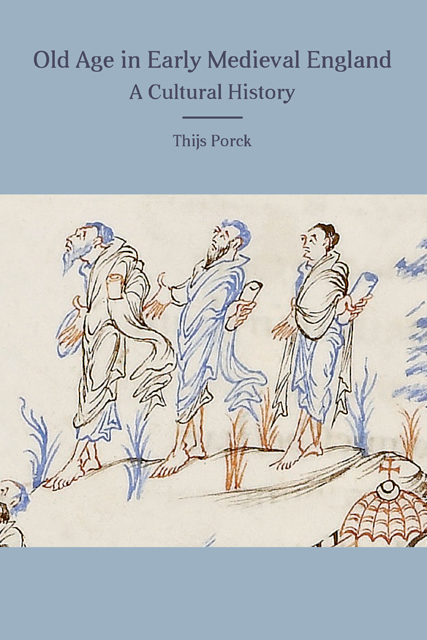
Old Age in Early Medieval England
- A Cultural History
-
- Published by:
- Boydell & Brewer
- Published online:
- 17 January 2023
- Print publication:
- 15 February 2019
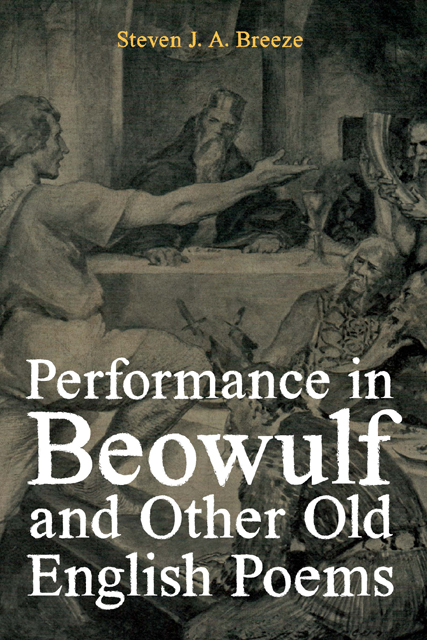
Performance in Beowulf; and other Old English Poems
-
- Published by:
- Boydell & Brewer
- Published online:
- 20 December 2022
- Print publication:
- 25 October 2022

Bishop Æthelwold, his Followers, and Saints' Cults in Early Medieval England
- Power, Belief, and Religious Reform
-
- Published by:
- Boydell & Brewer
- Published online:
- 05 July 2022
- Print publication:
- 18 March 2022
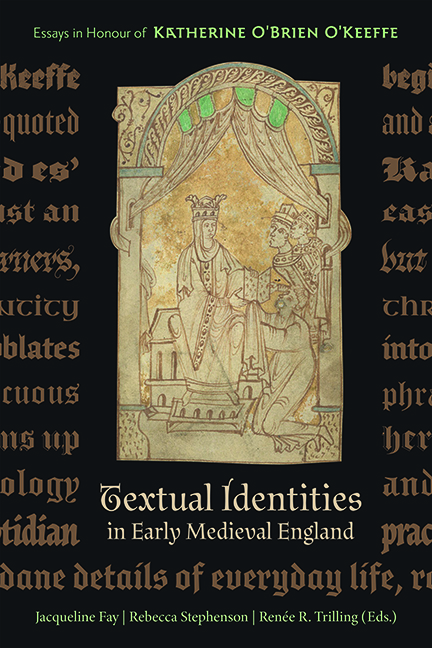
Textual Identities in Early Medieval England
- Essays in Honour of Katherine O'Brien O'Keeffe
-
- Published by:
- Boydell & Brewer
- Published online:
- 26 May 2022
- Print publication:
- 11 March 2022
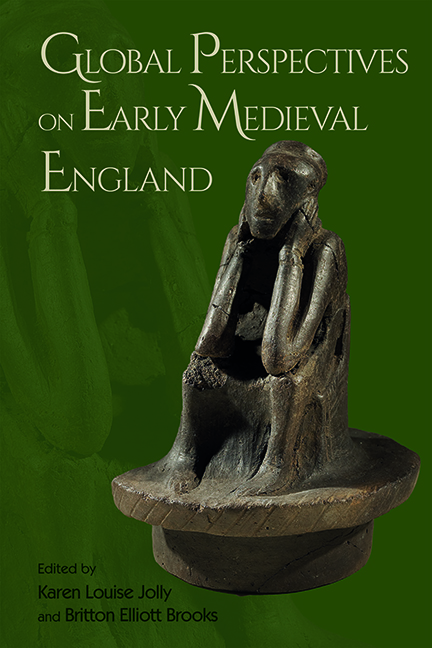
Global Perspectives on Early Medieval England
-
- Published by:
- Boydell & Brewer
- Published online:
- 26 May 2022
- Print publication:
- 08 April 2022
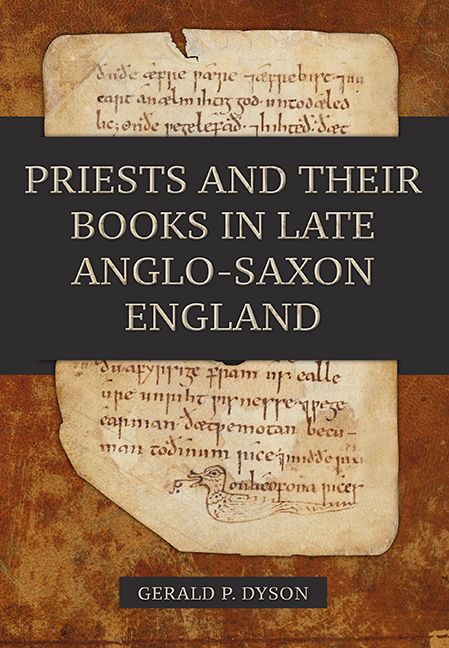
Priests and their Books in Late Anglo-Saxon England
-
- Published by:
- Boydell & Brewer
- Published online:
- 12 June 2021
- Print publication:
- 21 June 2019
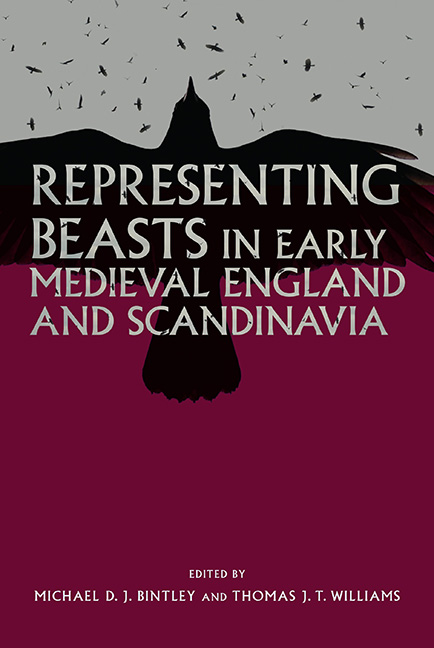
Representing Beasts in Early Medieval England and Scandinavia
-
- Published by:
- Boydell & Brewer
- Published online:
- 11 June 2021
- Print publication:
- 16 July 2015
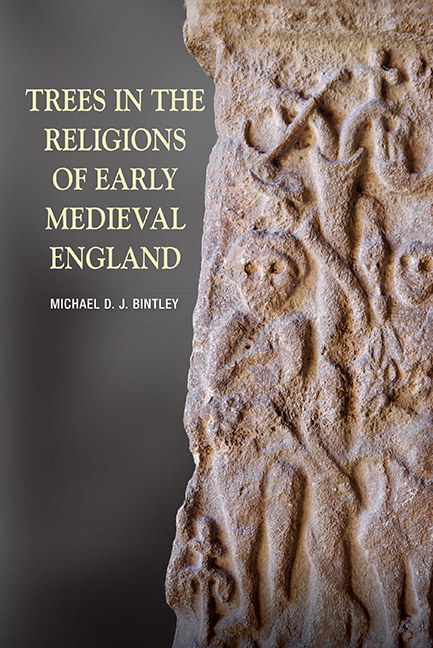
Trees in the Religions of Early Medieval England
-
- Published by:
- Boydell & Brewer
- Published online:
- 11 June 2021
- Print publication:
- 16 April 2015
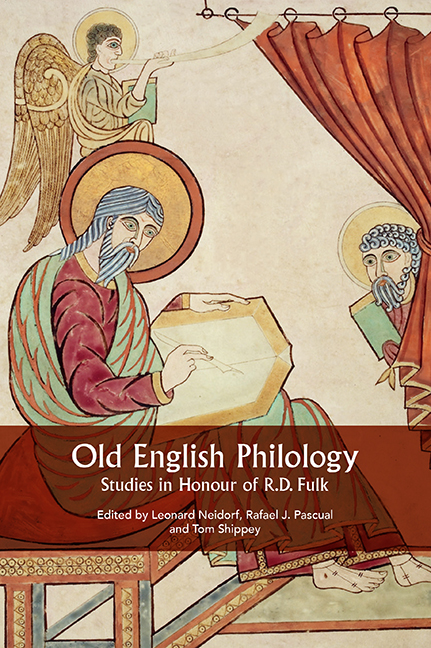
Old English Philology
- Studies in Honour of R.D. Fulk
-
- Published by:
- Boydell & Brewer
- Published online:
- 29 May 2021
- Print publication:
- 21 July 2016

